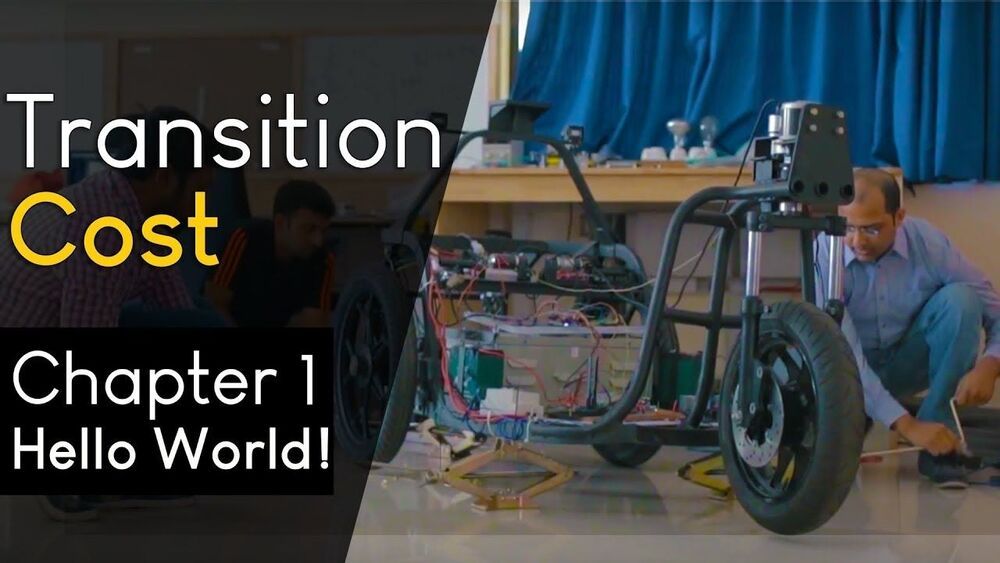In what could be one of the significant developments in the field of quantum computing, Chinese researchers suggest having achieved quantum supremacy with the capability of performing calculations 100 trillion times faster than the world’s most advanced supercomputer. Researchers from the University of Science and Technology of China, Hefei, believe that when put into practical use, it can carry calculations in minutes which would have otherwise taken two billion years to perform. The fastest supercomputers, before this, claimed to have achieved computational efficiency easing up to 10,000 years of calculations.
Jiuzhang, as the supercomputer is called, has outperformed Google’s supercomputer, which the company had claimed last year to have achieved quantum computing supremacy. The supercomputer by Google named Sycamore is a 54-qubit processor, consisting of high-fidelity quantum logic gates that could perform the target computation in 200 seconds.
The researchers explored Boson sampling, a task considered to be a strong candidate to demonstrate quantum computational advantage. As the researcher cited in the research paper, they performed Gaussian boson sampling (GBS), which is a new paradigm of boson sampling, one of the first feasible protocols for quantum computational advantage. In boson sampling and its variants, nonclassical light is injected into a linear optical network, which generates highly random photon-number, measured by single-photon detectors.









Comments are closed.